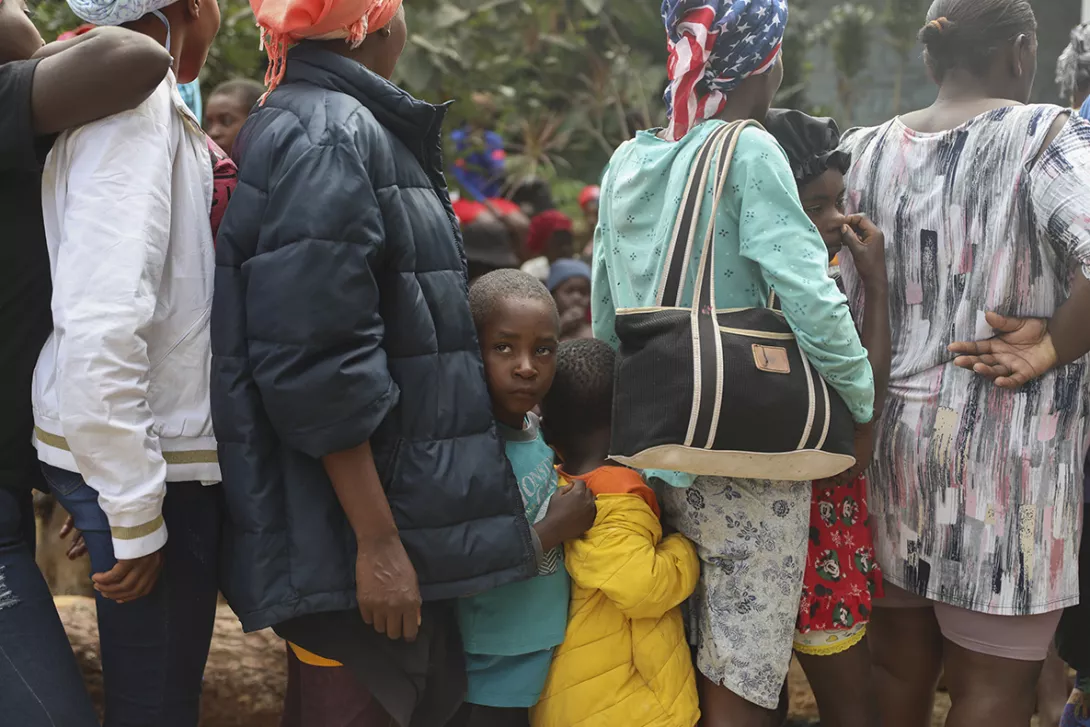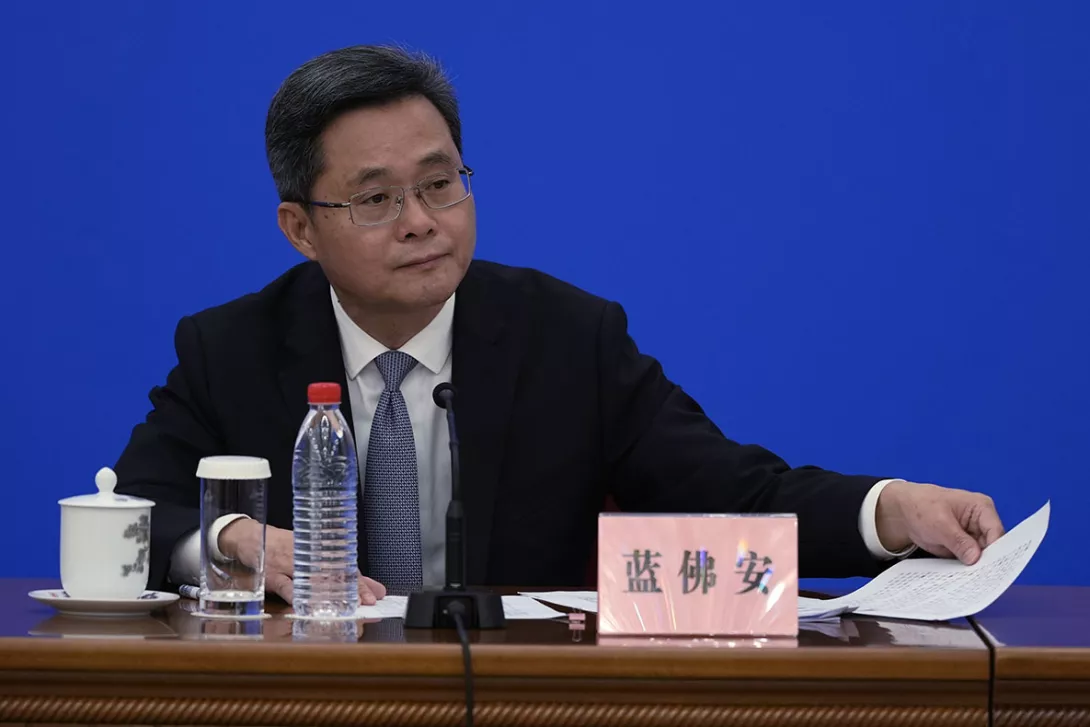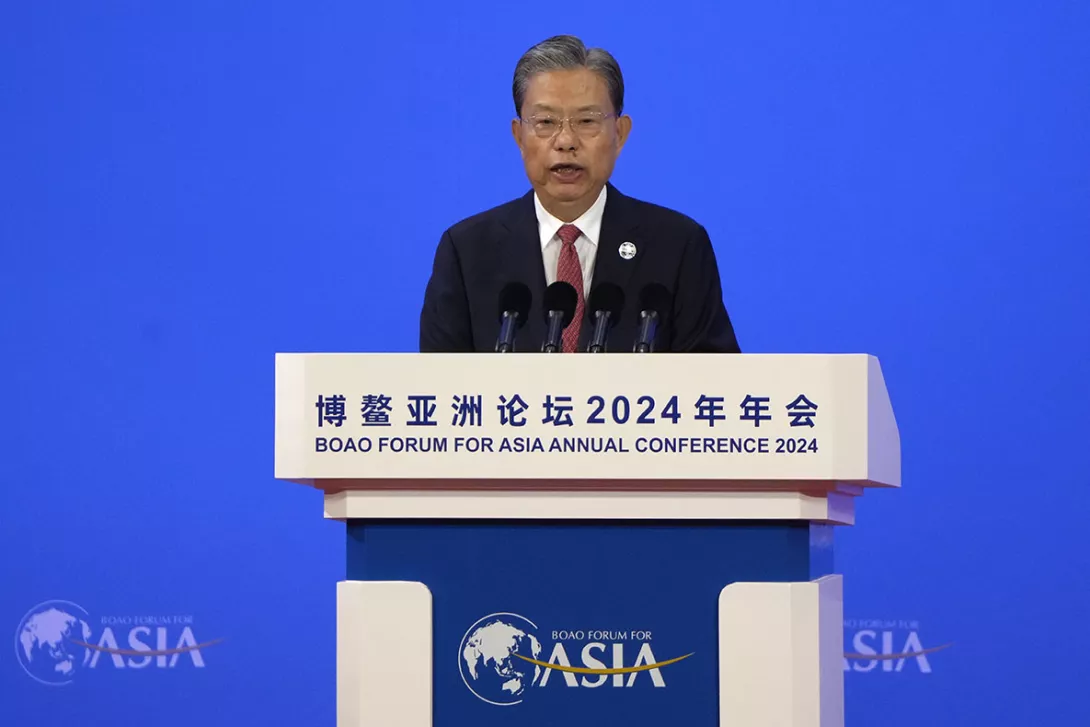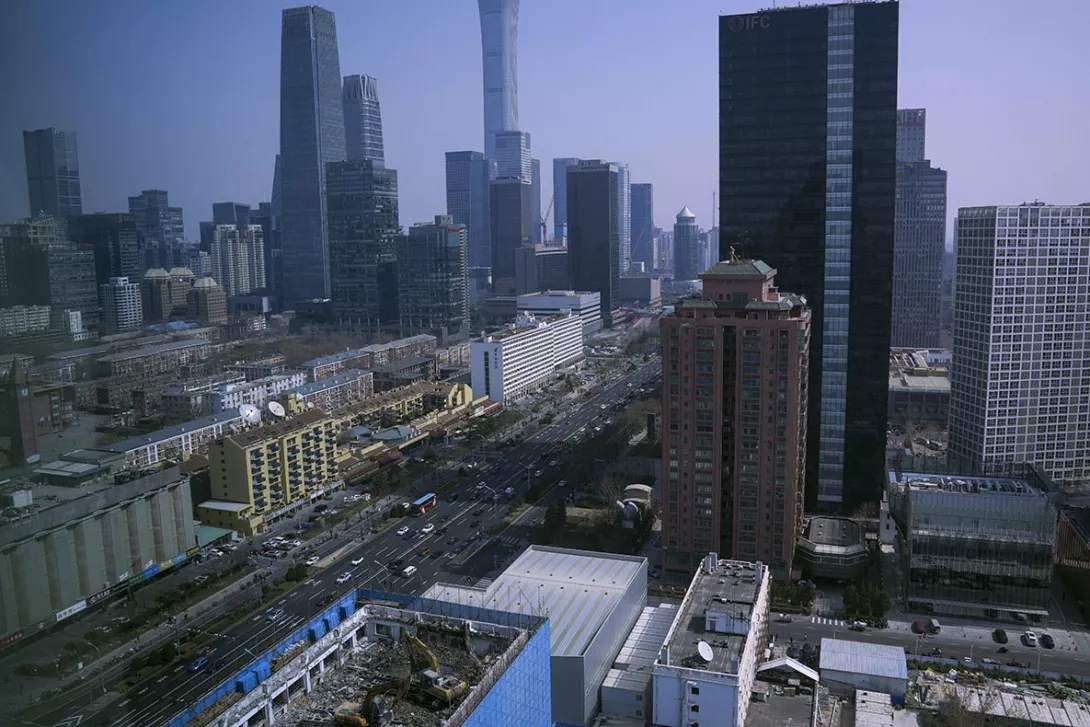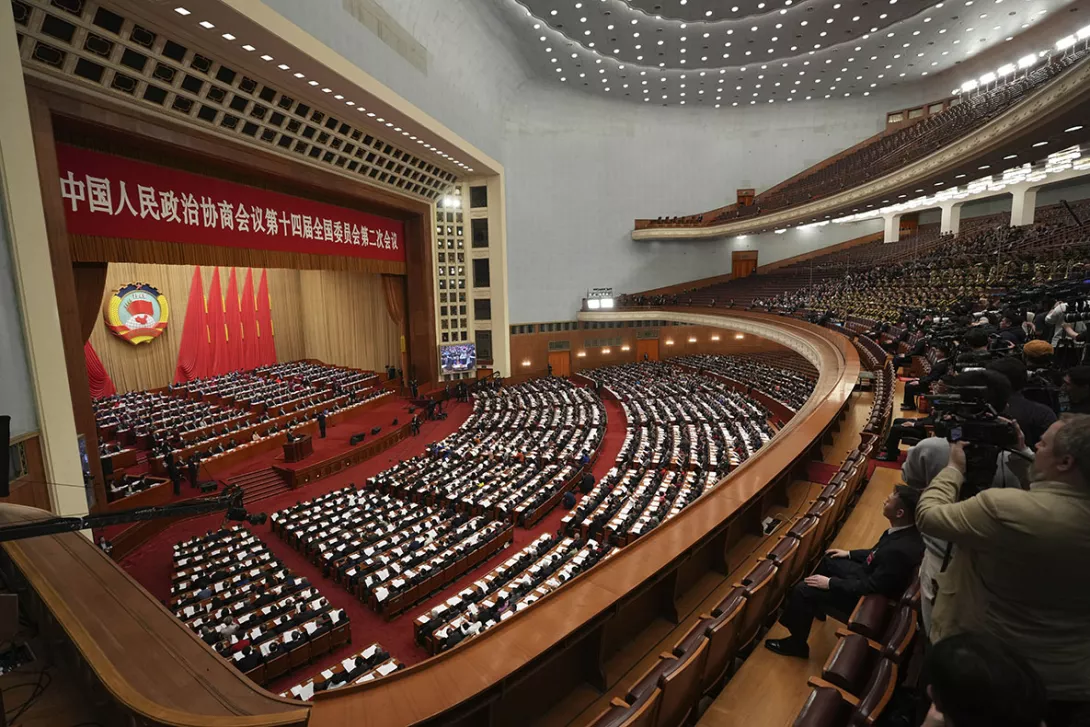China aims for 5% economic growth
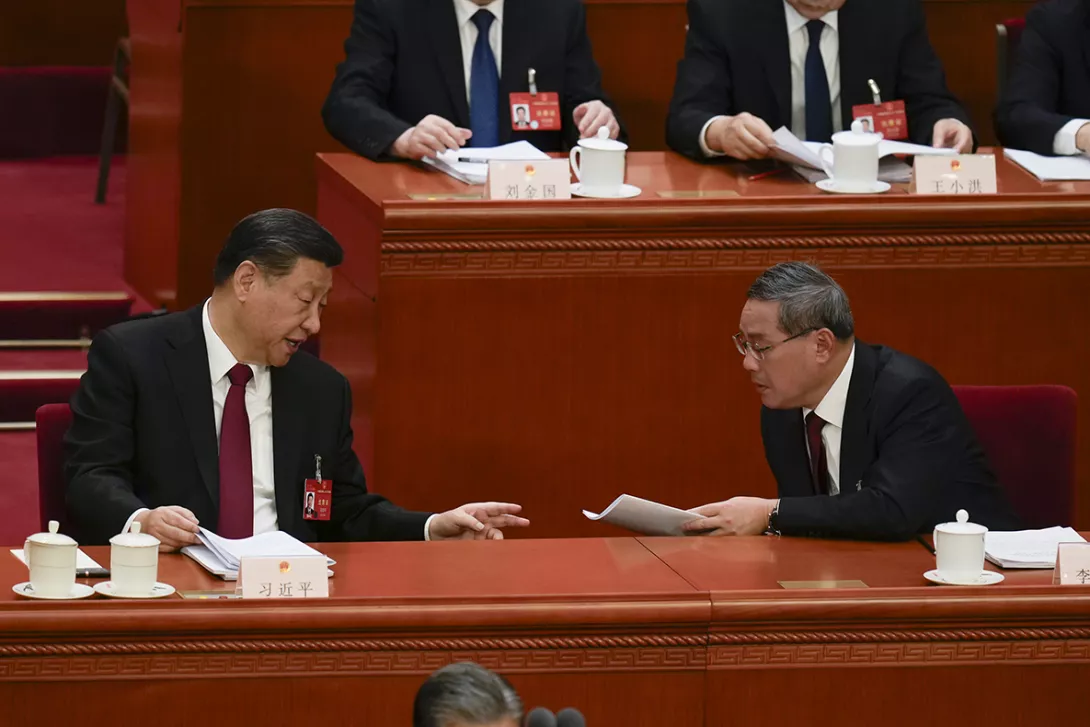
CHINA will aim to achieve economic growth of 5 per cent this year, Prime Minister Li Qiang said today.
Presenting the government’s work report at the annual session of the National People’s Congress, Mr Li said that ministers planned to boost spending on advanced technology, strengthen China’s military and take measures to boost the economy.
There was growth of 5.2 per cent last year, compared to a sluggish 2.5 per cent in the United States.
More from this author

ROGER McKENZIE looks back 60 years to the assassination of Malcolm X, whose message that black people have worth resonated so strongly with him growing up in Walsall in the 1980s

ROGER McKENZIE welcomes an important contribution to the history of Africa, telling the story in its own right rather than in relation to Europeans











